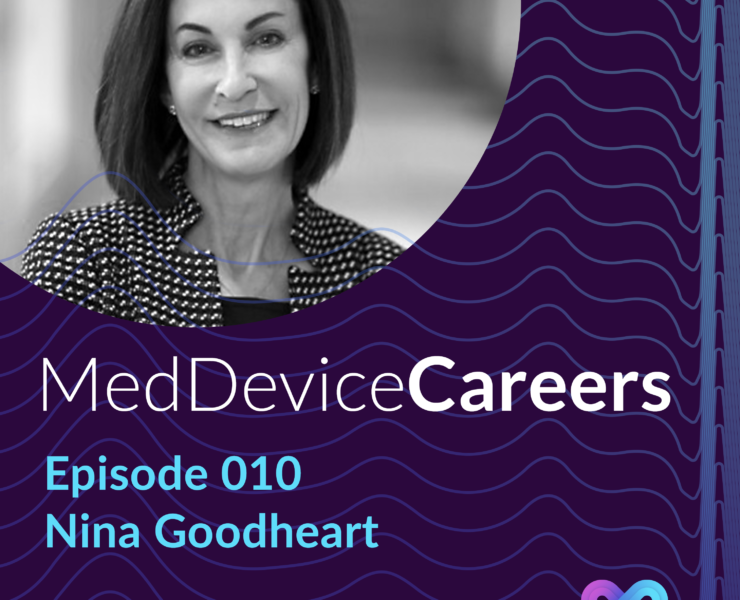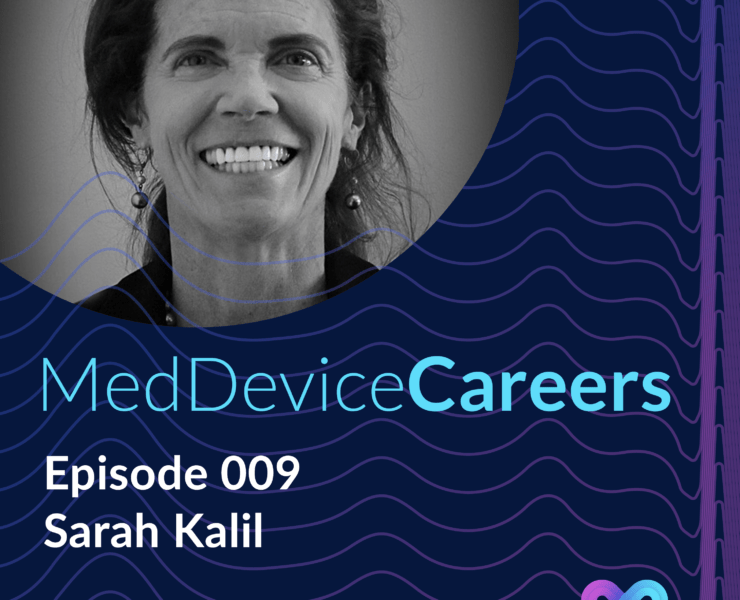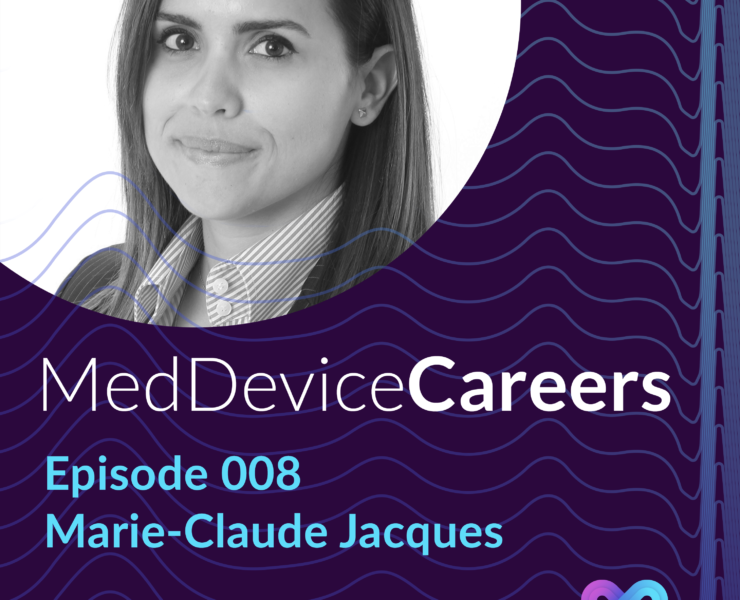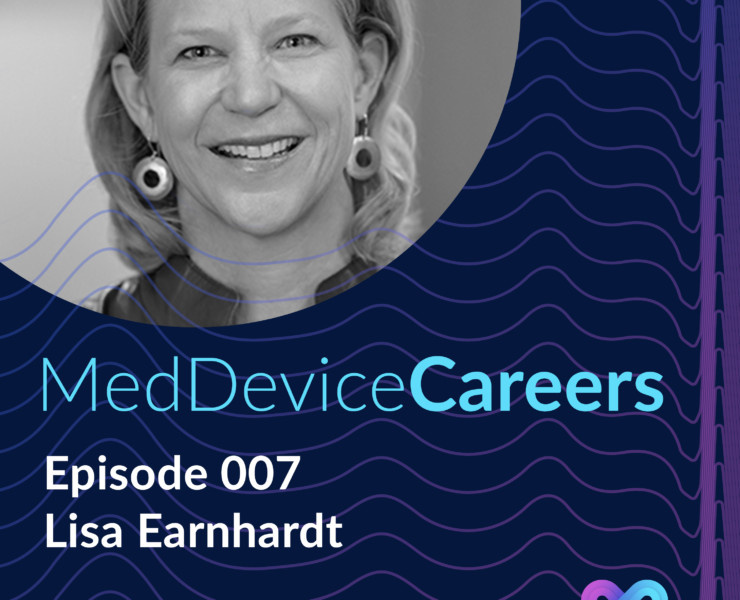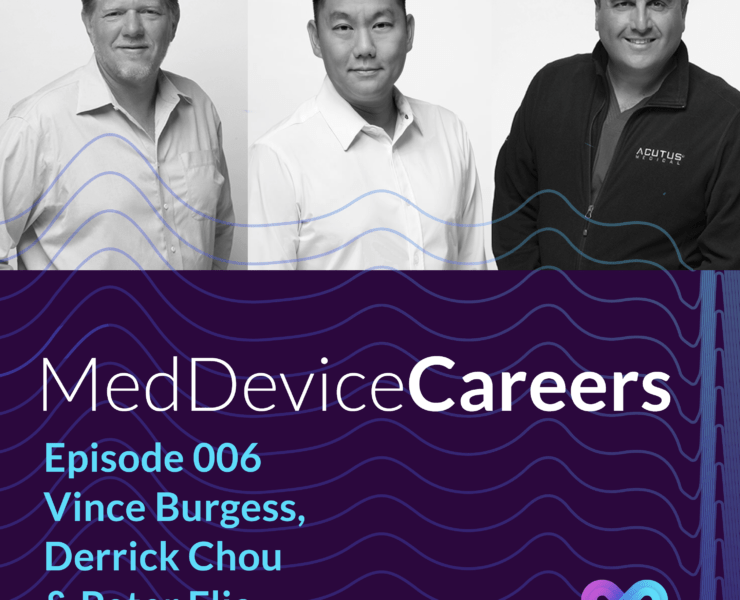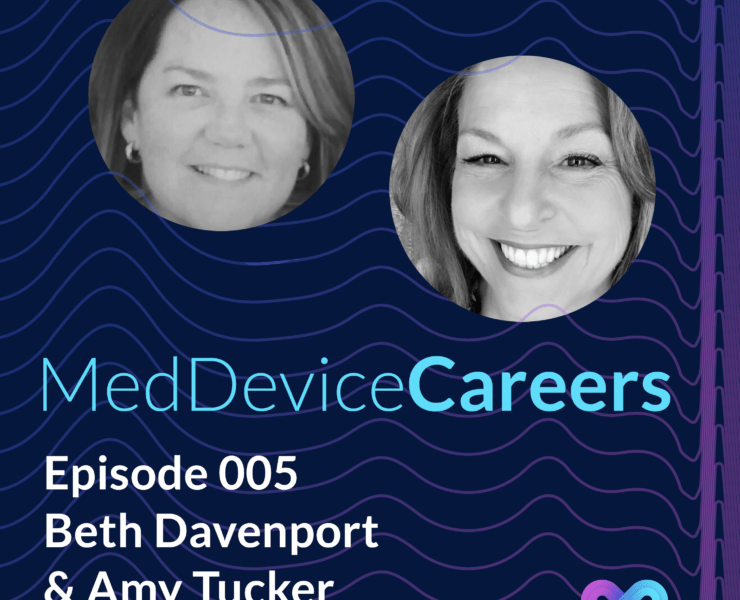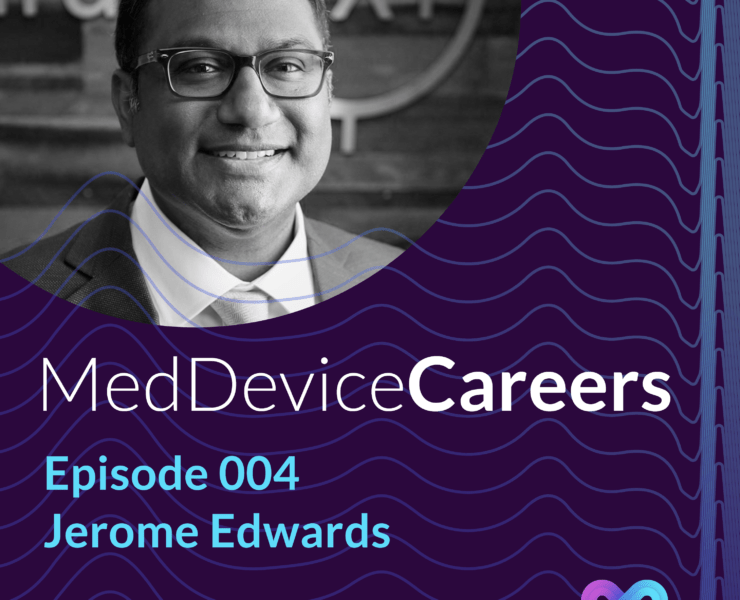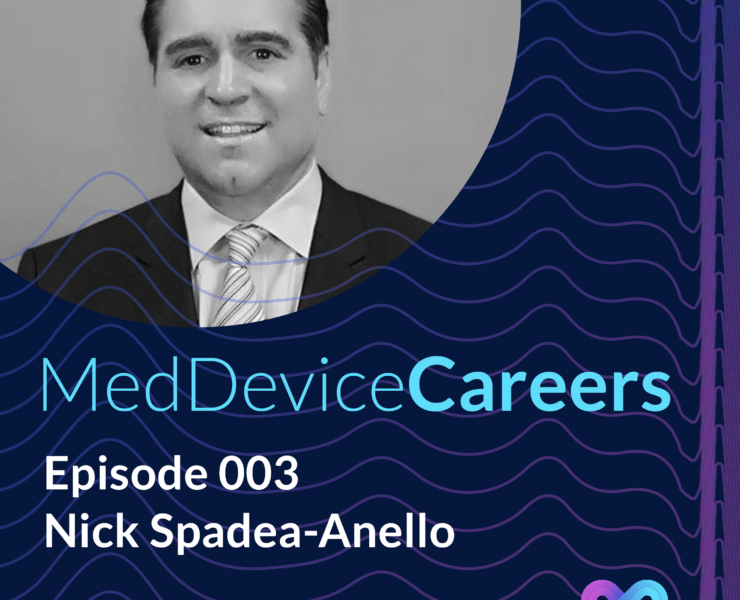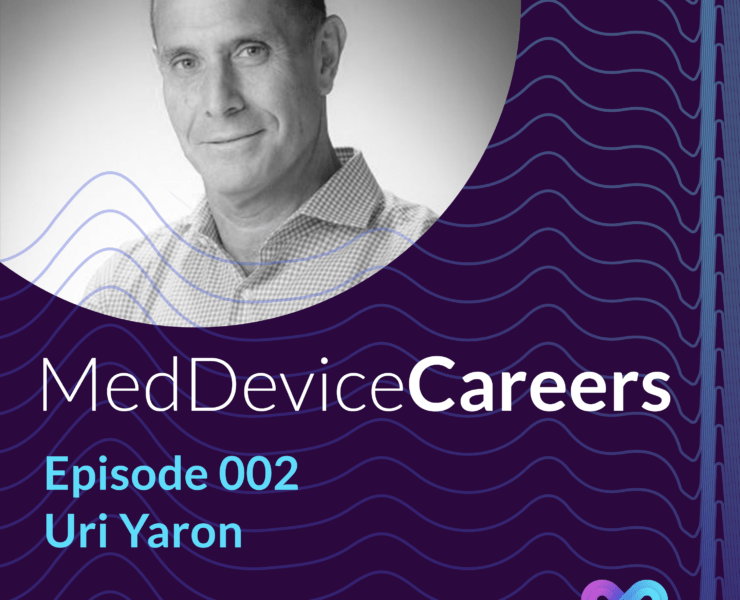A Career for Life
Career opportunities exist with employers of all sizes, from major healthcare systems to small clinics, large international medical device companies to small and mid-sized startup companies. Career growth opportunities in the cardiac medical device space are broad since clinical and device specialist jobs exist in all medical specialties and with medical device company and healthcare system employers.Working as a cardiac medical device clinical specialist offers the opportunity for a personally satisfying career while making a good living.
Some of the most commonly known career segments in the cardiac medical device space include the areas of clinical specialists, medical device sales and sales management. These professional roles exist in a variety of medical specialities, including Cardiac Rhythm Management, Electrophysiology, Structural Heart, and Interventional Cardiology. Job titles in the cardiac space include field clinical representative, technical sales support representative and EP mapping specialist. In device clinics and healthcare systems, job titles include device technician, Cath lab tech, EP lab tech, and device clinician.
Career advancement opportunities exist in sales, sales management, clinical management, advanced cardiology specialties, or related specialties, such as Cardiac Rhythm Management Devices, Electrophysiology Mapping, Ablation & Cryotherapy, Left Atrial Appendage Closure Devices, Coronary Intervention & Stenting, Transcatheter Aortic Valve Repair, Mitral Valve Clip Devices, Neuromodulation Devices, and Sleep Apnea Devices.
Medical device innovation in the cardiac space means that career moves from one area of specialty to another offers additional career movement. Additionally, career opportunities exist in clinical, engineering, research, sales, marketing, training, and management. The cardiac medical device career space offers a lifetime of opportunities for advancement and change.



